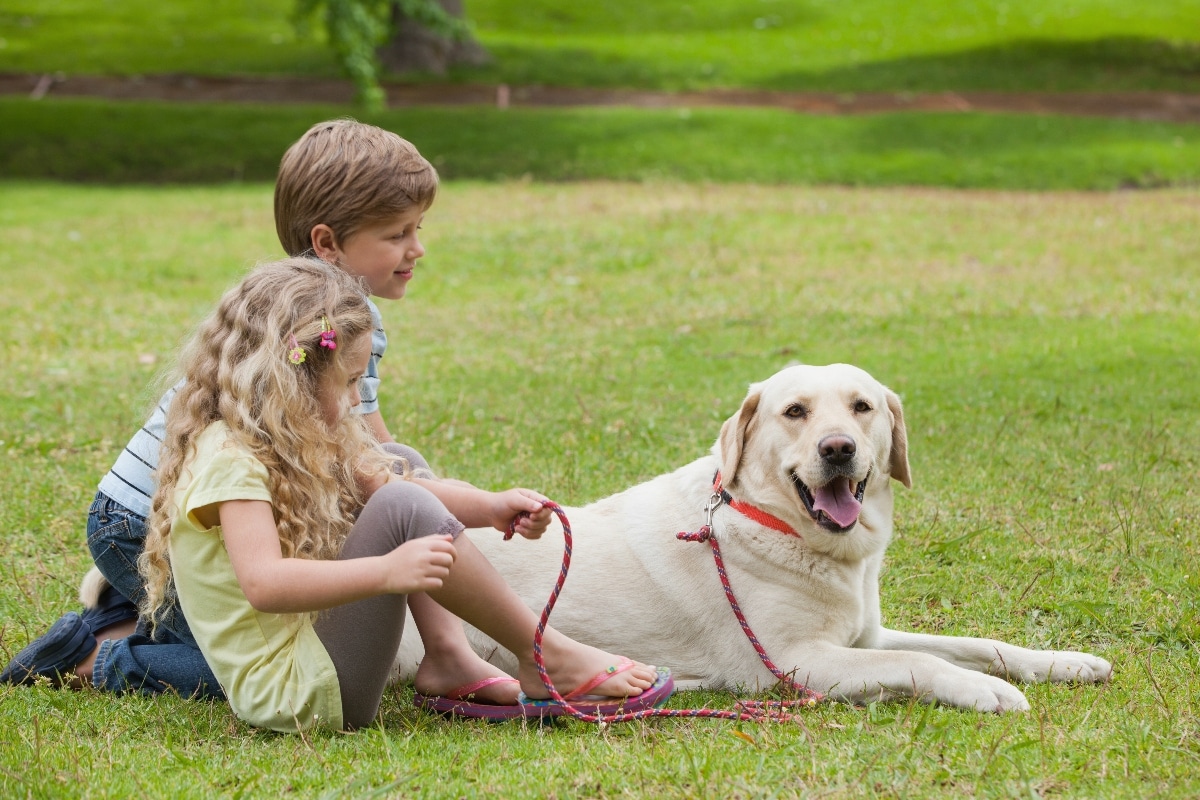 Shutterstock
Shutterstock
Bringing a dog into the family isn’t just adopting a pet—it’s inviting in a whirlwind of joy, chaos, loyalty, and life lessons. For kids, dogs are more than companions—they’re playmates, teachers, furry therapists, and occasional cookie-snatching partners in crime. The benefits stretch far beyond daily walks and adorable Instagram moments. From teaching kids responsibility to boosting emotional well-being, dogs naturally become a part of the family’s heartbeat. Their presence helps shape childhood memories and turns everyday moments into something a little more special—and definitely fur-covered.
Dogs Teach Kids Responsibility
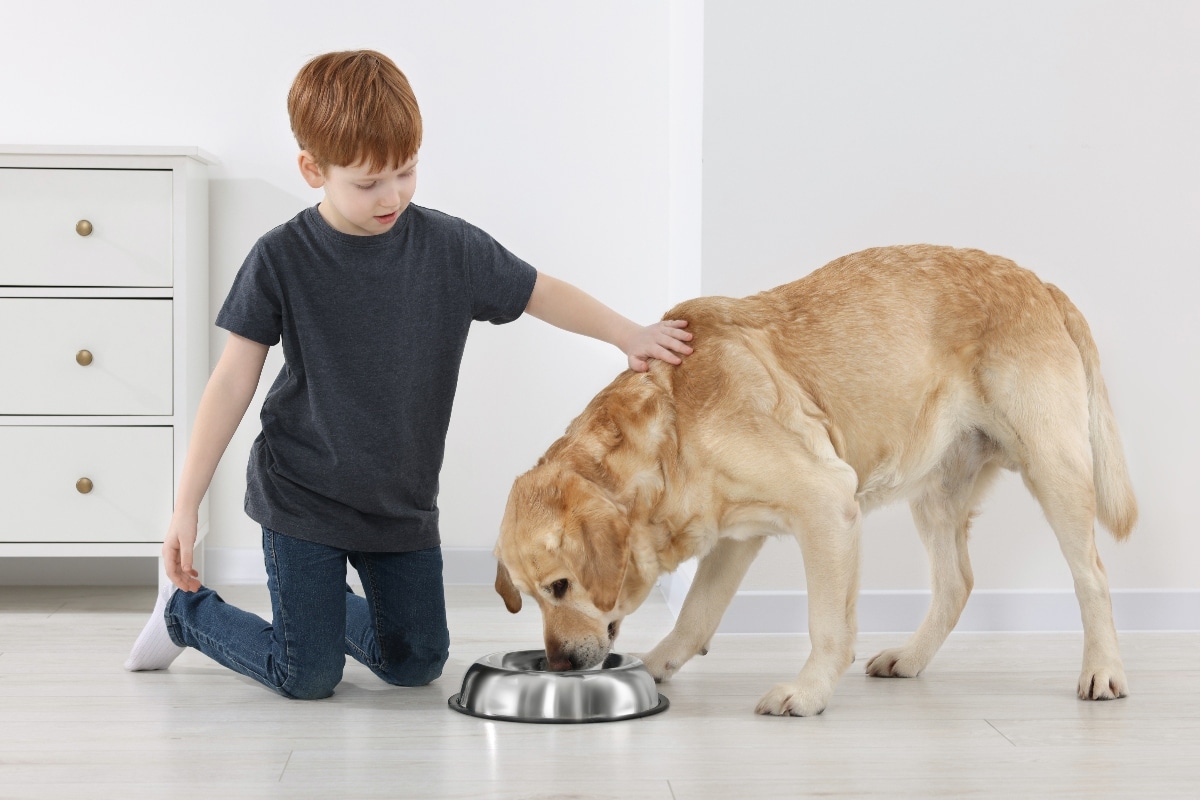 Shutterstock
Shutterstock
Caring for a dog offers kids a hands-on lesson in responsibility that sticks. Feeding, walking, brushing, and helping with training give children a real sense of what it means to care for another living being. It teaches consistency, time management, and the consequences of neglect (like finding out the dog ate the couch because they missed their walk). Even young children can participate in age-appropriate tasks, and over time, it helps them grow into more accountable and thoughtful individuals. Bonus: it might even get them to pick up their socks… maybe.
Dogs Encourage Physical Activity
 Shutterstock
Shutterstock
Dogs are nature’s trainers—without the judgment. They’ll gladly drag you and your kids outside for fetch, walks, backyard zoomies, or spontaneous games of tag. For kids glued to screens, a dog is a furry excuse to unplug and move. Whether it’s walking the dog after school or running laps in the park, kids with dogs tend to be more active and healthier overall. And let’s be honest—watching a kid try to keep up with a hyper puppy is pure entertainment for parents, too.
Dogs Provide Emotional Support
 Shutterstock
Shutterstock
Dogs have a sixth sense when it comes to feelings. They somehow know when someone’s sad, anxious, or needs a good snuggle session. For kids dealing with stress, changes, or emotional struggles, a dog can be a comforting, non-judgmental friend. The unconditional love and presence of a dog can help ease anxiety and boost self-esteem. Sometimes, a wagging tail and a sloppy kiss do more than hours of pep talks.
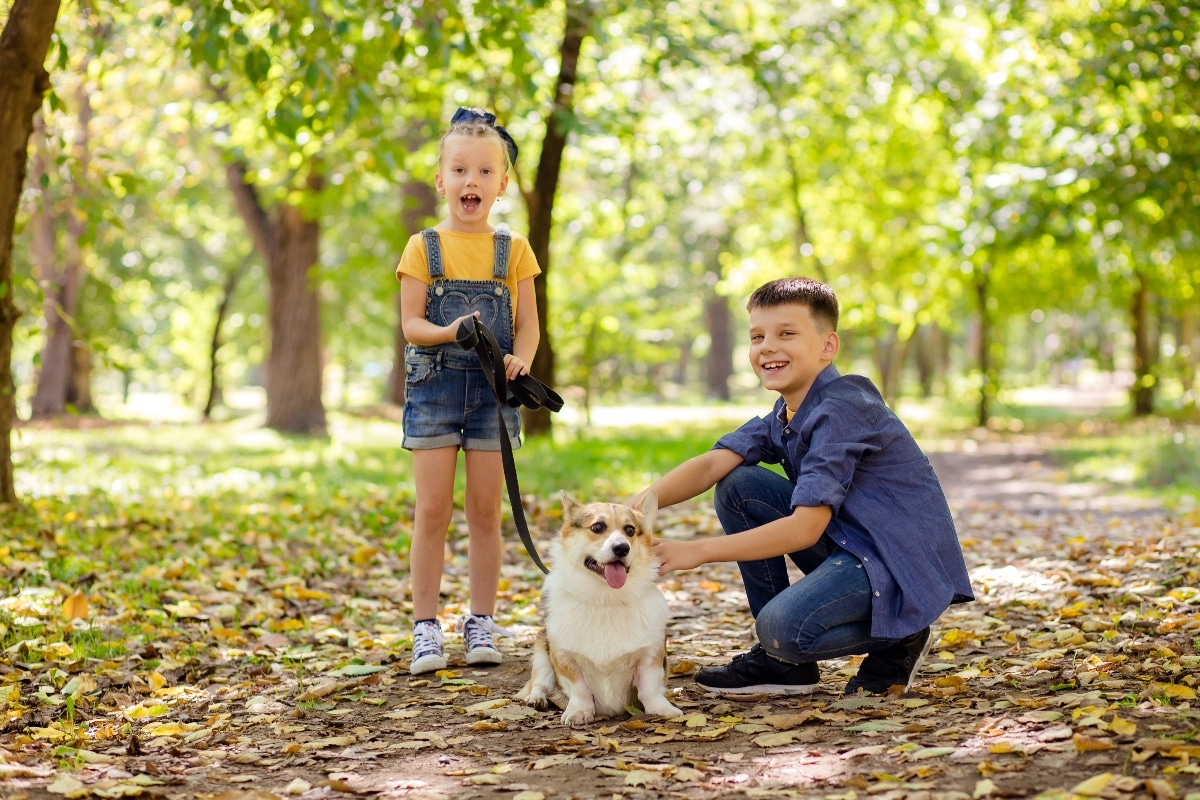 Shutterstock
Shutterstock
A dog is a fantastic conversation starter, especially for shy kids. Whether at the park, on a walk, or in obedience classes, having a dog often leads to interactions with other kids and adults. This shared interest gives children opportunities to practice communication, cooperation, and empathy. Dogs can also help teach kids how to read nonverbal cues—both canine and human—which strengthens emotional intelligence. Basically, dogs are social bridges that come with fur and four legs.
Dogs Can Strengthen Family Bonds
 Shutterstock
Shutterstock
When a dog enters the picture, the whole family tends to get more involved in shared activities. From naming the new pup to taking turns on walks and training, dogs bring people together. Mealtimes become teamwork, weekend hikes turn into family outings, and even the occasional “who forgot to let the dog out?” debates can be oddly bonding. Having a shared responsibility and a mutual source of love and laughter enhances togetherness. Plus, everyone has a common photo subject for those group selfies.
Dogs Boost Immune Systems
 Shutterstock
Shutterstock
Believe it or not, those muddy paws and fur-covered couches might actually be good for your kids’ health. Studies suggest that children who grow up around dogs tend to have stronger immune systems and are less likely to develop specific allergies. Exposure to a dog’s natural microbes helps strengthen kids’ bodies to fend off illnesses. So while a slobbery toy or a paw print on the floor may seem annoying, it could also be building a little germ-fighting warrior.
 Shutterstock
Shutterstock
Dogs thrive on routine, and that structured rhythm can help kids thrive too. Feeding schedules, daily walks, grooming, and bedtime snuggles bring predictability to a household. This regularity can be particularly helpful for children who benefit from stability and clear expectations. Over time, kids begin to internalize this rhythm, which supports better organization and time management. And trust us, a hungry dog who stares at you like you forgot dinner will remind everyone it’s 6:00 p.m.
Dogs Foster Empathy and Compassion
 Shutterstock
Shutterstock
Caring for a dog helps kids develop empathy by putting someone else’s needs before their own. Learning to recognize when the dog is scared, tired, or excited teaches children how to read emotions and respond kindly. When kids understand that their behavior affects their dog’s well-being, they become more compassionate caregivers. These emotional skills often transfer to human relationships, making kids more understanding and gentle with others. Plus, comforting a pup after a thunderstorm is a masterclass in empathy—and cuddling.
Dogs Create Lifelong Memories
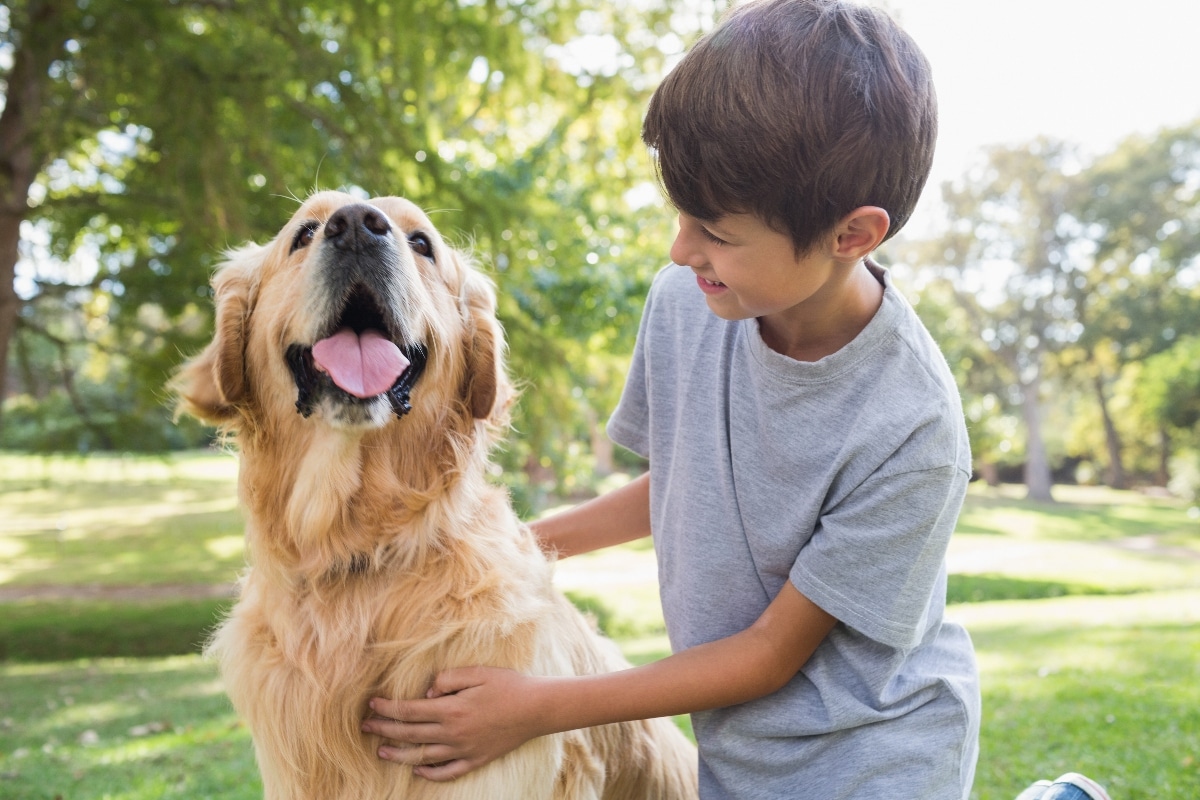 Shutterstock
Shutterstock
Ask any adult who had a dog growing up, and they’ll probably light up with stories. Dogs become central to childhood adventures, sleepovers, backyard explorations, and rainy-day snuggles. They’re the subject of drawings, the partner in hide-and-seek, and the one who never tattles. These memories shape how kids view animals, relationships, and love itself. Years later, it won’t be the spotless carpet they remember—it’ll be the muddy-pawed dog who made every moment feel like home.
The Real Reason Kids Need Dogs
 Shutterstock
Shutterstock
When it comes to family life, dogs do more than shed on everything and mysteriously disappear socks—they become part of the team. With their loyalty, energy, and ability to love unconditionally (even after toddler tail-pulling), dogs help kids grow into kinder, more confident, and more responsible humans. They don’t just fill the house with fur—they fill it with laughter, learning, and a kind of joy that only a wagging tail can deliver. And if your child says the dog ate their homework? Honestly… there’s a decent chance it’s true.

 1 month ago
21
1 month ago
21


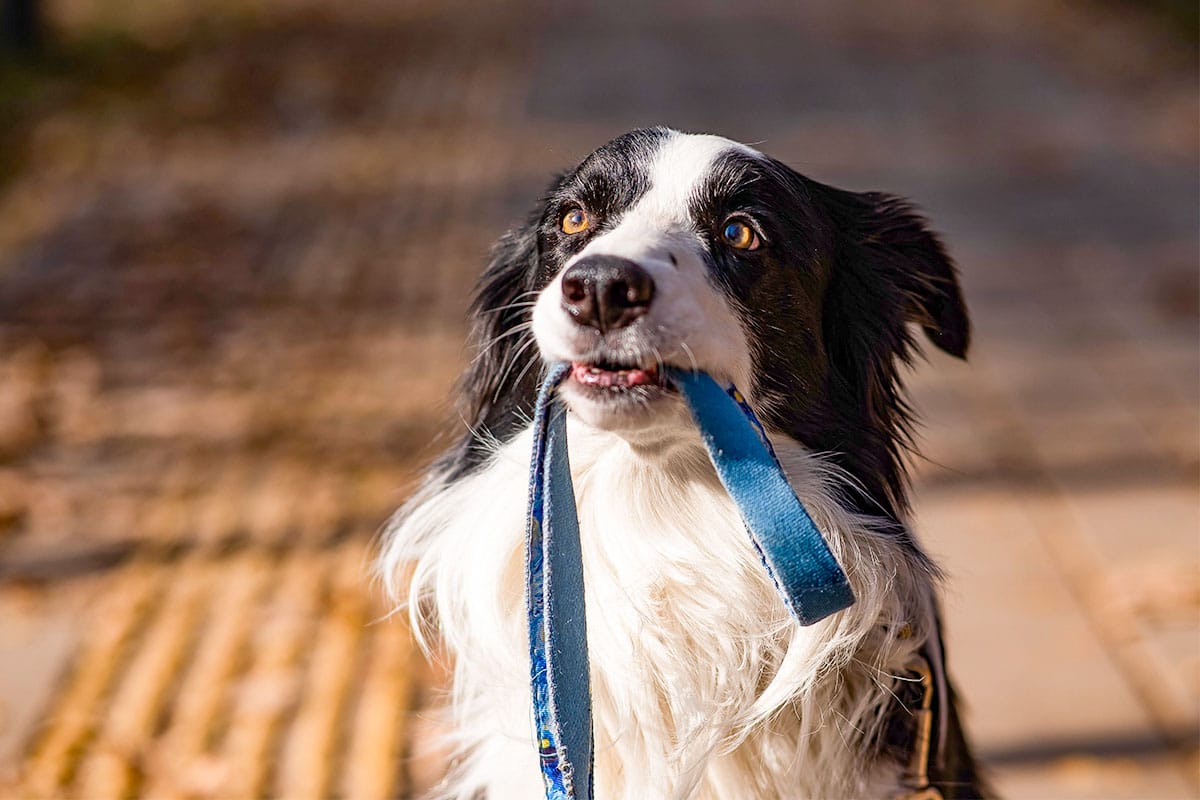




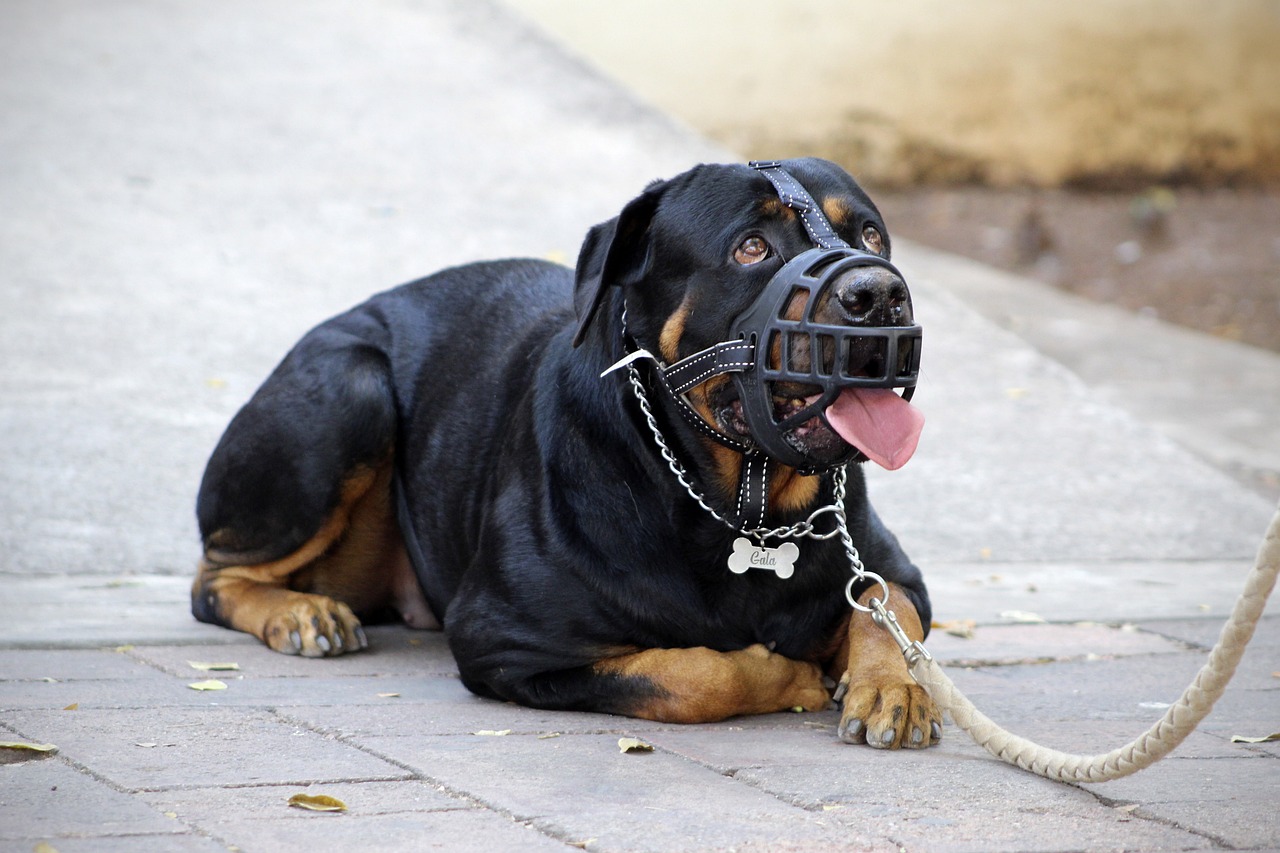


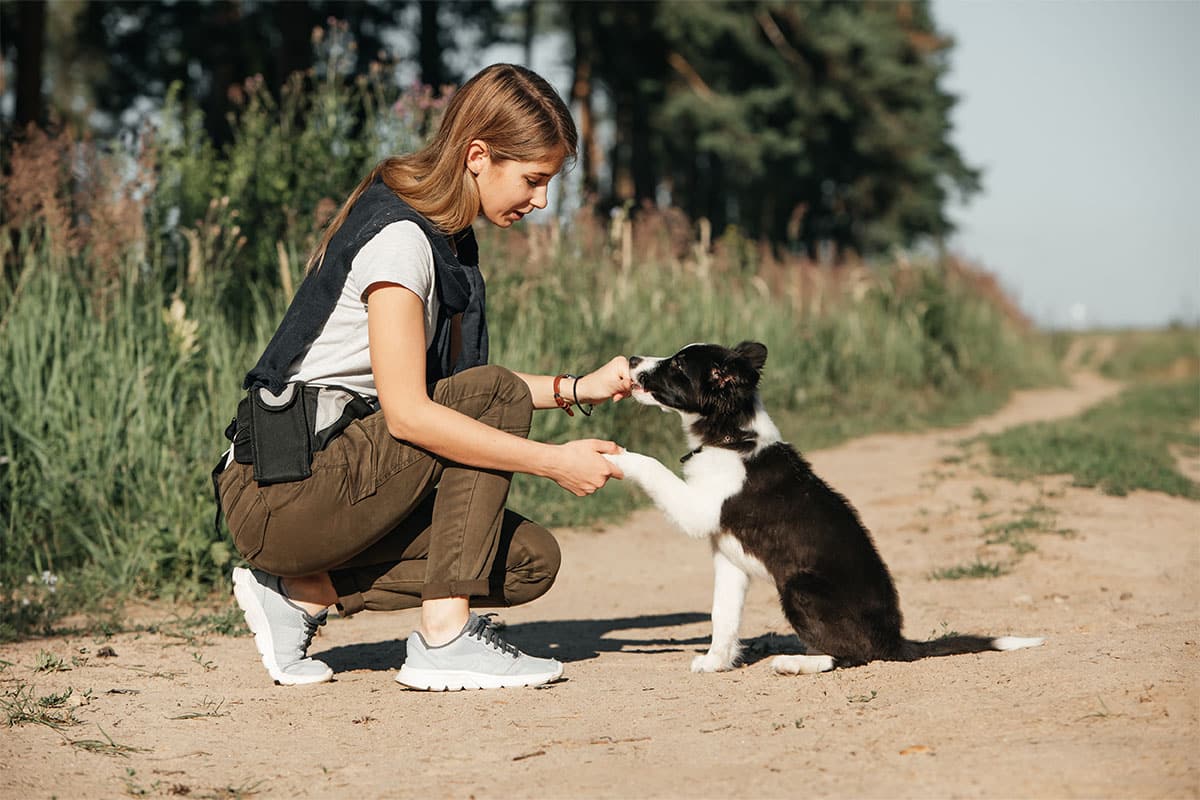







 English (US) ·
English (US) ·